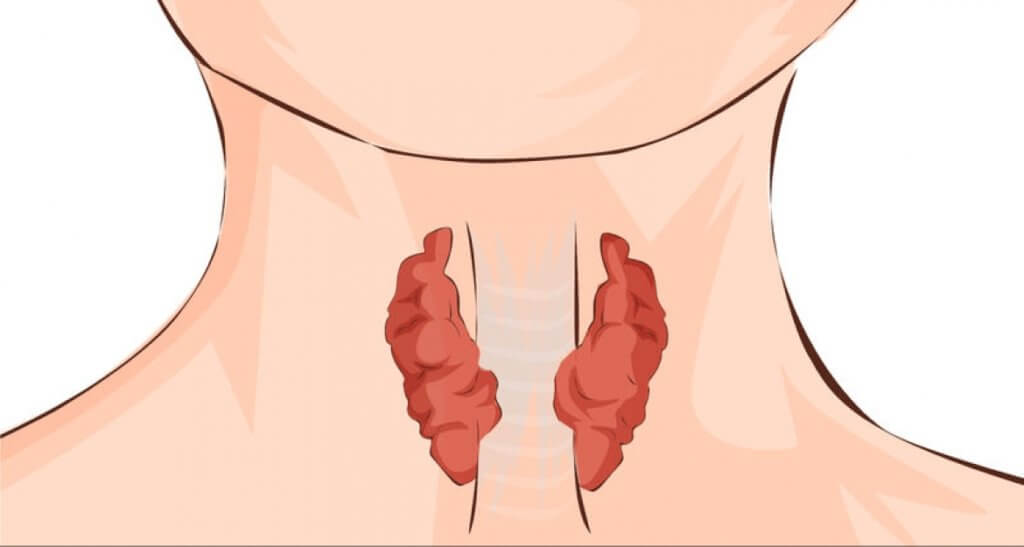Hypothyroidism and losing weight
Introduction
Hypothyroidism is a medical condition in which the thyroid gland does not generate and release sufficient amounts of Triiodothyronine or T3 and Thyroxine or T4 hormones. This condition is characterized by a slow metabolic rate and consequently weight gain.
Diagnosing for hypothyroidism is the first step towards treating a thyroid gland dysfunction and losing weight. However, weight loss after you have been diagnosed with hypothyroidism would require a regimen that would include proper medical treatment, lifestyle changes, an exercise/workout plan and a good balanced diet.
However, where hypothyroidism is not diagnosed and properly trained, losing weight would be extremely hard to achieve. This is mainly due to the fact that the thyroid gland is principally responsible for regulating a person’s metabolic rate. So when the T3 and T4 levels are low, the one significant symptom is weight gain. A person gains weight due to hypothyroidism and this is usually regardless of their eating habits.

How to Lose Weight when you have Hypothyroidism
If you have been diagnosed with hypothyroidism and you are having weight issues, you can regulate your weight by following these instructions:
#1: Get rid of Simple Sugars in your Diet:
To lose weight even when you have Hypothyroidism, you need to get rid of simple sugars and carbs in your diet. It is better to have a diet consisting of low to moderate carbohydrate consumption. Consuming large amounts of legumes and veggies should suffice. You need to avoid refined food including grains and sugary beverages like soda because these types of food can heighten the level of inflammation experience by your body. However, you are advised to consume sufficient amounts of calories as low calorie consumption is capable of increasing the stress in your body which in turn leads to a further drop in your Triiodothyronine (T3) level.
#2: Maintain an Anti-inflammatory Dietary Plan:
Processed and refined foods will increase the level of inflammation in your body. However, anti-inflammatory foods like nuts, olive oil, fatty fish, leafy green veggies, fruits and tomatoes all help to regulate the body’s immune system which tends to be overworked in people with hypothyroidism.
In addition to this, anti-inflammatory foods help to reduce inflammation in the body particularly in the joints, as well as combat depression. The body would also be able to absorb essential minerals and nutrients from food consumed.
These nutrients promote the good health of the thyroid gland and include; iron, zinc, selenium, magnesium, vitamin B complex and vitamin C. Furthermore, the liver would be relieved of the burden of metabolizing foods that are highly refined and processed. With a healthy liver, the process of transformation of T4 to T3 is enhanced.
#3: Avoid Large, Heavy Meals:
If you have Hypothyroidism, it is advisable to maintain an eating habit consisting of small, but frequently consumed meals.
It is important to avoid large and heavy meals because hypothyroidism is a condition where a person’s digestive function is considerably slowed down. Consume a balanced diet comprising of macronutrients and avoid processed foods as much as possible.
#4: Prescribed Thyroid Medication Use:
If you have Hypothyroidism, then your doctor may prescribe a thyroid hormone medication like cytomel T3. Usually this medication should be taken early in the morning and before a meal. It is also advised that you drink lots of clean water and avoid taking any other drug as well.
You can also have your breakfast within about 30 minutes to 1 hour after taking the medication. Hypothyroidism medication taken in accordance to a doctor’s prescription should help to regulate your thyroid gland and the level of T3 and T4 hormones it releases.
Once your T3 and T4 hormones are regulated, you would be in a better position to work on reducing your weight, as your rate of metabolism is regularised.
#5: Regular Exercise is Essential:
Apart from maintaining a healthy diet and taking prescribed thyroid medication, it is also important to have a structured exercise regime.
By working out regularly, you will be able to burn excess calories and lose weight in the process. Exercise is necessary if you are suffering from hypothyroidism.

